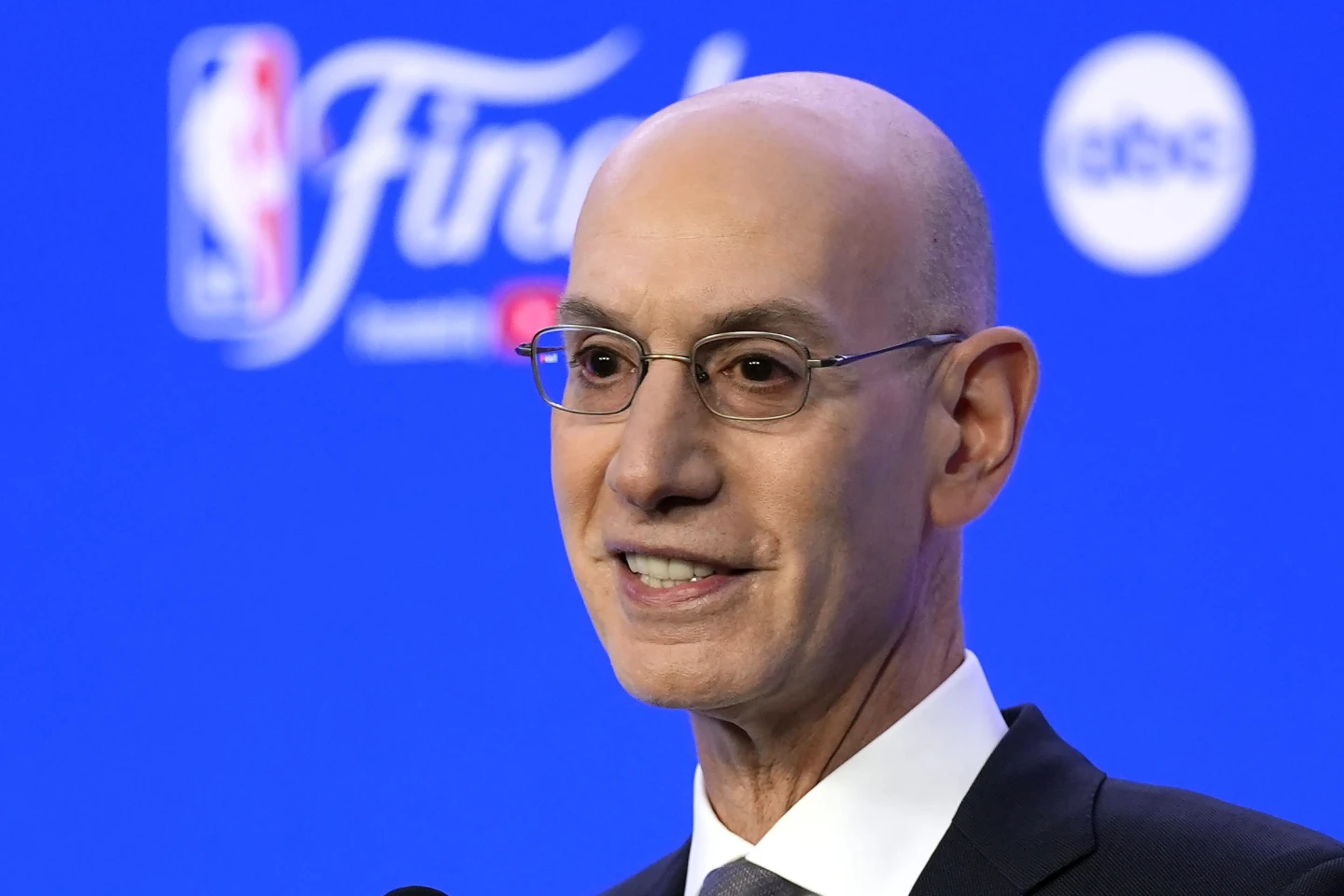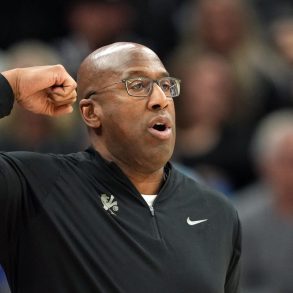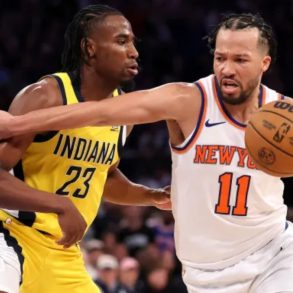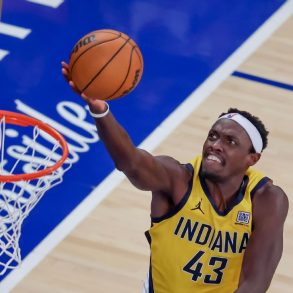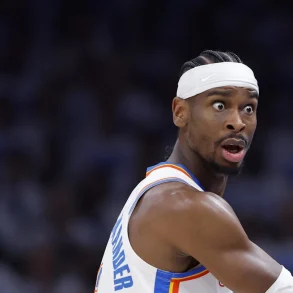The NBA has reached an agreement on its new media contracts, a historic 11-year deal valued at $76 billion. This ensures that player salaries will keep rising and could alter how some fans watch games for years to come.
According to a source familiar with the talks who spoke to The Associated Press, the networks have received the terms sheets. Next, the league’s board of governors must approve the contracts.
The person, who spoke on condition of anonymity because they were not authorized to discuss the matter publicly, indicated that a board meeting is scheduled in Las Vegas next week during the NBA Summer League. If the contracts pass through committees and receive other approvals, finalization around that time seems likely.
The NBA declined to comment on Wednesday.
This landmark deal, setting records for both duration and value, will start in the 2025-26 season. ESPN and ABC will continue to broadcast games, and NBC and Amazon Prime will also join the lineup.
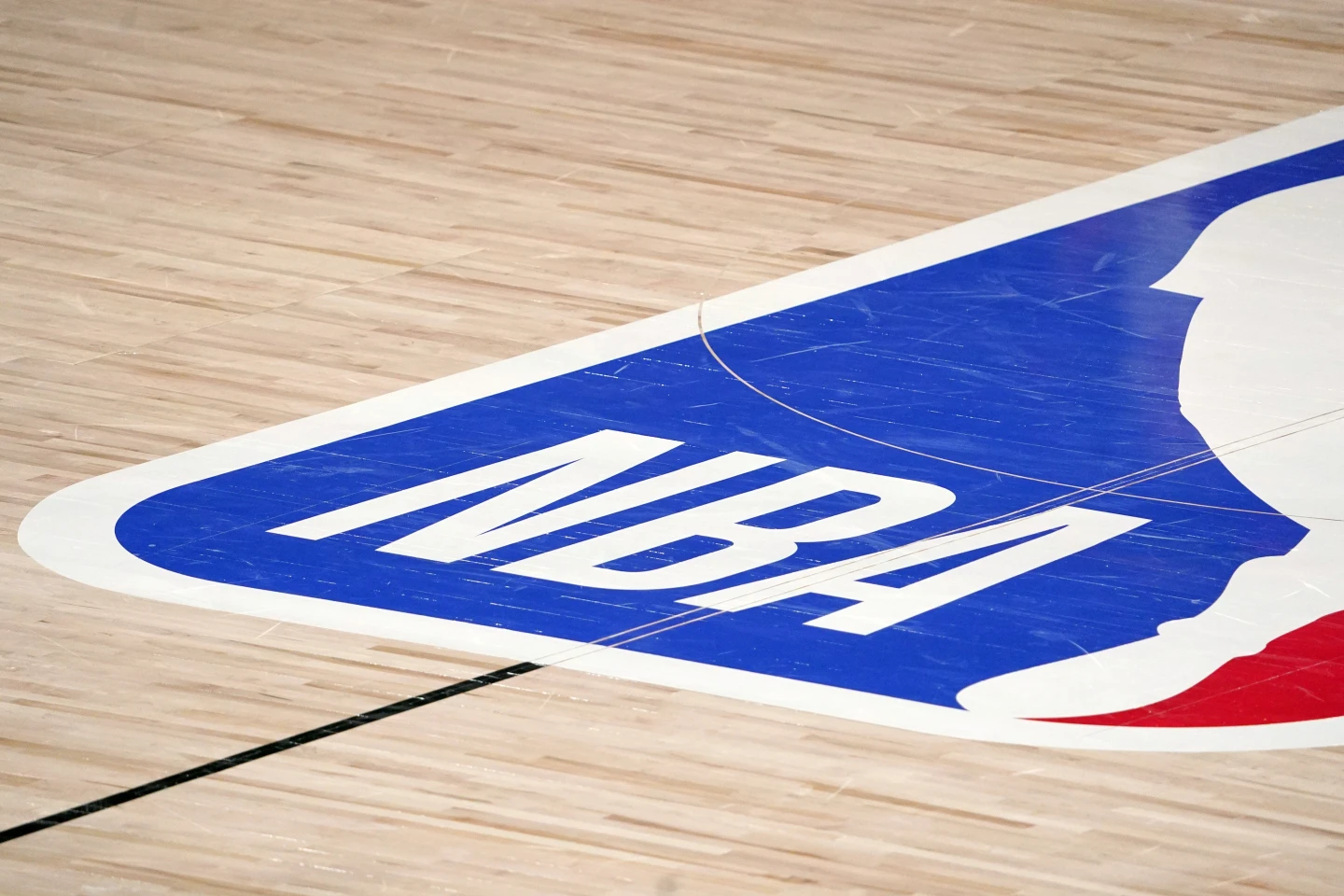
TNT Sports, a longtime NBA broadcaster, may not continue under these new deals unless it matches one of them within five days after receiving the finalized contracts from the league.
The Athletic was the first to report on these agreements.
ESPN and ABC will maintain the top package, including the NBA Finals and one of the conference finals series. ABC has been airing the NBA Finals since 2003 and will continue broadcasting games on Saturday nights and Sunday afternoons after the NFL season ends.
ESPN will primarily feature games on Wednesday nights, with additional games on Fridays and Sundays.
The exclusivity of broadcasting the Finals comes with a significant increase in cost. The Walt Disney Company, which owns ESPN and ABC, will pay $2.6 billion per year under the new contract, up from $1.4 billion in the current deal.
NBC is returning to broadcast NBA games after a hiatus from 1990 to 2002. Their contract is expected to cost $2.5 billion per season. NBC will air games on Sunday nights after the NFL season, with Tuesday games during the regular season and a Monday night streaming package exclusively on Peacock.
Prime Video will broadcast games on Thursday nights, following its NFL coverage, and also on Friday and Saturday nights.
Both NBC and Prime Video will alternate broadcasting the other conference final. Prime Video’s rights will cost an average of $1.8 billion per year.
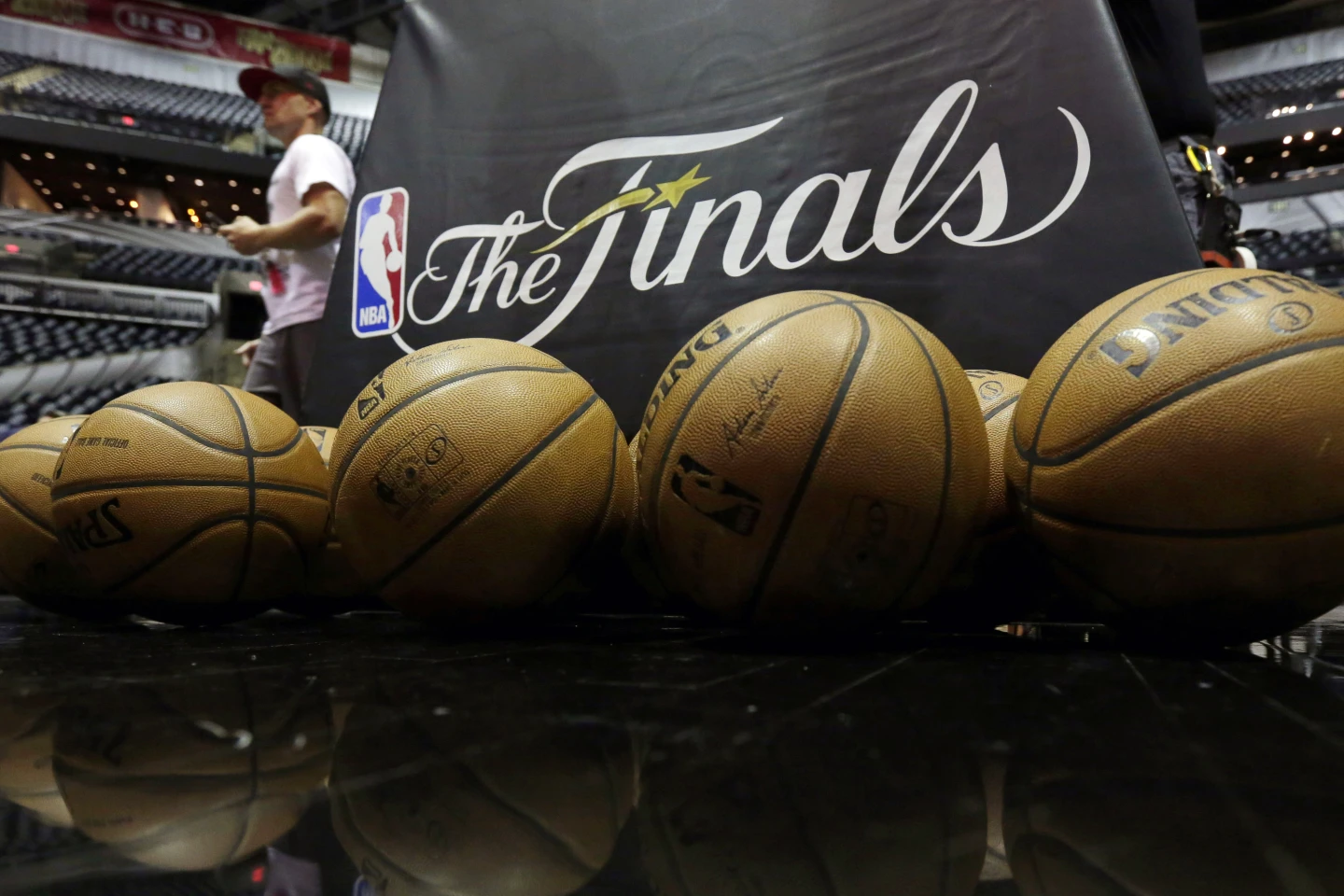
TNT Sports will pay $1.4 billion annually. Given the amounts involved, Prime Video’s rights appear to be the ones TNT is most likely to try to match.
NBA Commissioner Adam Silver emphasized during the NBA Finals last month that the length of these deals, while not confirming the exact 11-year agreement, provides stability for the league. However, he acknowledged that predicting the future is challenging.
“Part of it is a bet on our partners and their ability to adapt to changing times and their commitment to investing in media and expanding globally, which is crucial for the league,” Silver said in June.
In the short term, this agreement likely means the NBA’s salary cap will increase by 10% each year, which is the maximum allowed under the current Collective Bargaining Agreement between the NBA and its players.
This could result in players such as Shai Gilgeous-Alexander from Oklahoma City and Luka Doncic from Dallas earning approximately $80 million in the 2030-31 season. There’s even a chance that top players might be making close to $100 million per season by the mid-2030s.
This deal also paves the way for the next big item on the NBA’s agenda: Expansion.
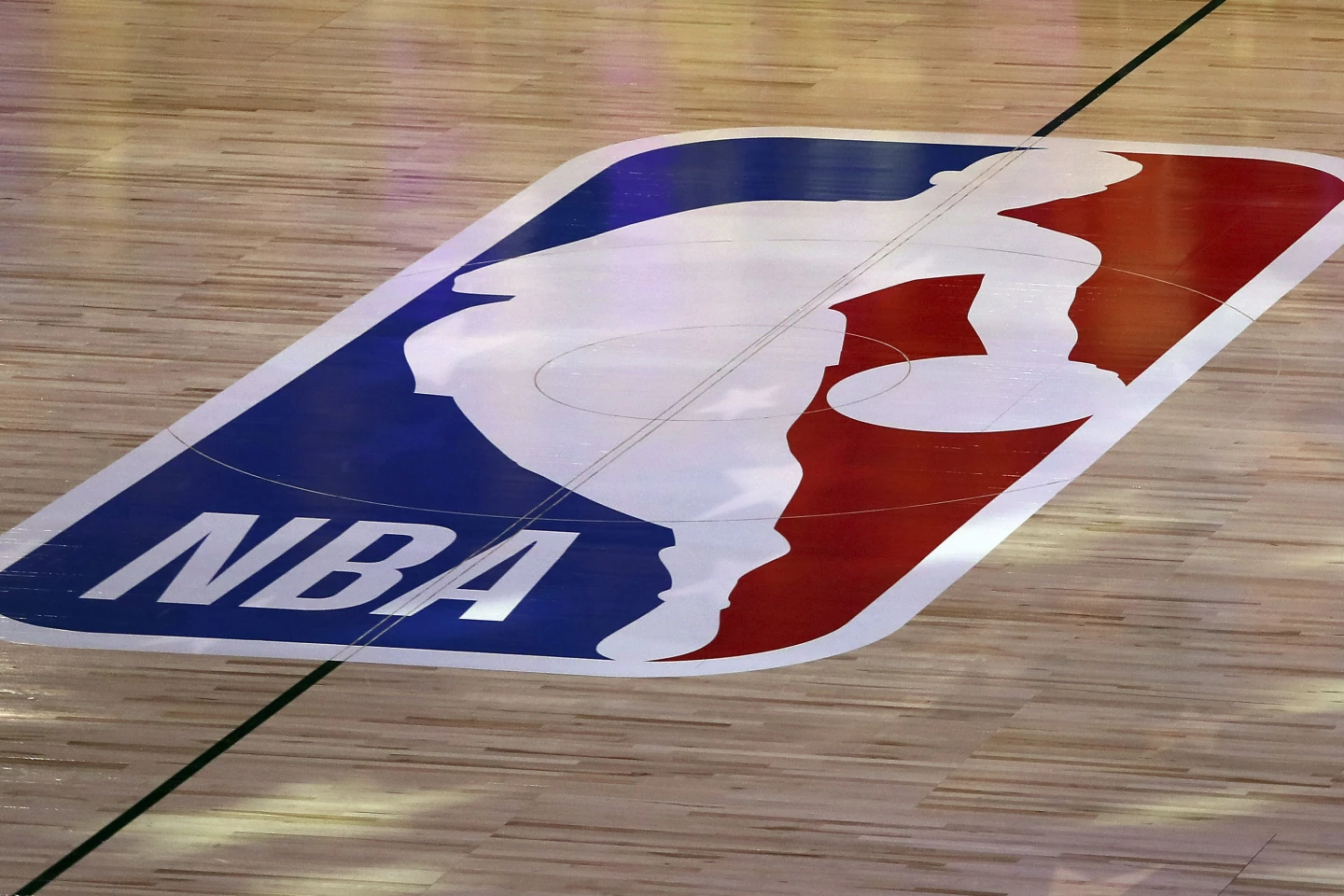
Commissioner Adam Silver has been clear about his priorities in recent years. First, he aimed to secure labor peace, which was achieved with the new CBA. Next, the focus was on securing a new media deal, which has now been essentially completed. Only after these steps would the league consider adding new teams.
Cities like Las Vegas and Seattle are frequently mentioned as leading candidates for expansion. Other cities such as Montreal, Vancouver, and Kansas City also have interested groups.
As broadcast rights deals have grown in value over the past 25 years, player salaries have also risen significantly due to the revenue that fuels the salary cap.
For example, when NBC and Turner agreed on a $2.6 billion, four-year deal starting in the 1998-99 season, the salary cap per team was $30 million and the average player salary was around $2.5 million. Today, the average salary per player exceeds $10 million and is expected to continue increasing.
The previous broadcast deals continued to break records, with the next deal covering six seasons costing ABC, ESPN, and Turner about $4.6 billion. Subsequent deals, spanning seven years, cost these networks $7.4 billion.
The current deal, set to expire next season, shattered these records with a nine-year agreement worth nearly $24 billion.



